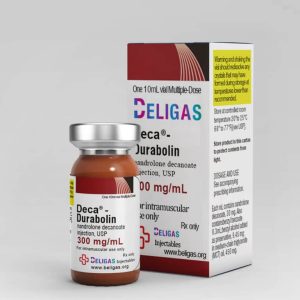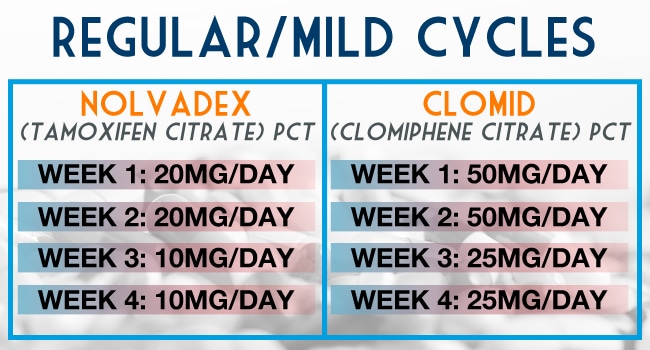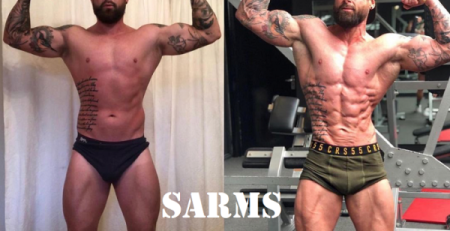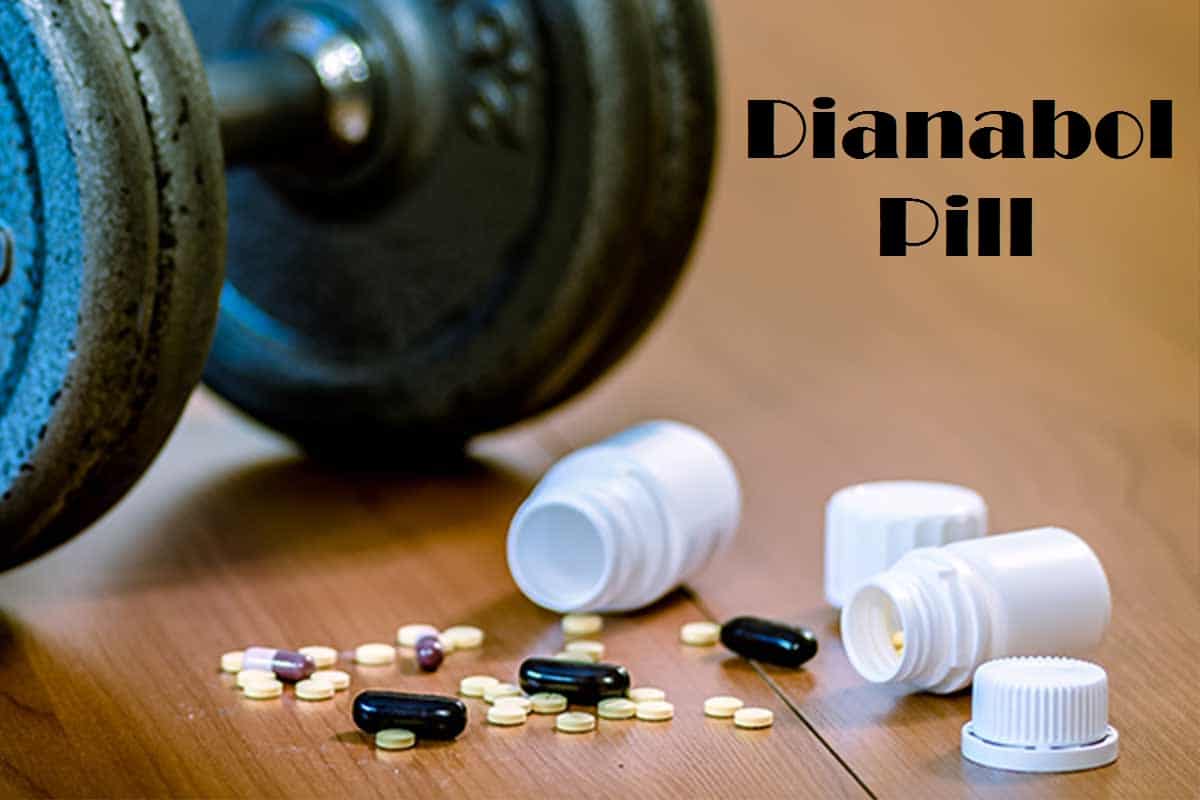So, you’re planning a bulking cycle but you most likely already know that bulking focuses on two core principles: you’re working out hard and eating in surplus to trigger muscle hypertrophy. You may have mastered the art of training and working out, however, you’ll never reach the desired results without a proper diet. That’s why you should check out the healthy bulking foods.
Opting for a healthy bulking diet instead of eating every junk food you can see will significantly boost your muscle gains, help you stay healthy, and provide you with energy, endurance, and strength. We understand that a dirty bulking plan can be attractive considering that you gain weight and eat whatever you please. However, a dirty bulk can be detrimental to your health and body in the long run. Moreover, all that junk food can make you feel pretty sluggish too.
Going for the best food for bulking – aka healthy bulking foods – will help you recover, get stronger, stay focused, and build lean muscle while you’re remaining healthy!
Plan the best bulking diet
Keep in mind that a dirty bulking diet is only tempting because you’re eating anything you love. However, keep in mind that this is not going to do your body any good. Not only are you going to gain excess fat, but it may lead to gastrointestinal issues, skin and hair issues, damaging your internal organs, and numerous problems. What should you do instead? Create the ultimate bulking meal plan. We’re going to share examples of healthy bulking foods for you to include in your diet. They go as:

- Lean white meat such as chicken or turkey
- Oily fishes such as salmon or mackerel
- Lean red meat such as beef
- Eggs
- Beans
- Lentils
- Nuts and seeds
- Avocado
- Olives
- Yogurt
- Milk
- Cheese
- Fruits
- Berries
- Vegetables
- Spinach
- Pasta
- Granola
- Oats
- Potatoes
- Whole grain bread/crackers
Keep in mind that these are just examples of healthy bulking foods for you to add to your meal plan.
Foods to avoid
While there are foods you should add to your bulking diet, there are also foods you should avoid to make it a healthy bulking diet. Some prime examples include:
- High fat foods such as chips, french fries, and others
- Highly processed foods such as cookies, processed meats, and others
- High sugary foods such as cakes, candies, and others
You should also avoid alcohol and sugary beverages.
Personalizing your bulking foods
Keep in mind that when talking about healthy bulking foods in your diet, there’s no one-size-fits-all plan. In fact, that’s true regarding almost anything else. Remember that we all have different bodies, metabolisms, as well as genetic makeup. This basically means that one set of bulking foods or meals that works for someone, may not really work for another.
You need to get the right balance of the best bulking foods for your needs. That’s crucial to hit your body goals. To do so, you need to aim for the right balance of macronutrients and ensure you get the right amount of calories. You can do that with these healthy bulking foods.
Next, have a plan, but be realistic with your goals. Aim for the right amount of weight you want to gain, especially when you’re going for a clean, and healthy bulking plan. With a dirty bulking diet you’re almost always going to add weight faster, however, the potential health issues are not worth it. Not to mention that the most weight you gain from a dirty bulking plan is from fat, rather than lean muscle. A healthy bulking, however, allows you to gain in the form of lean muscle, minimizing fat gains. Moreover, healthy bulking will help you easily master the art of diet. It will significantly help you in the future. Be it that you want to maintain your current weight, lose weight, or simply be healthy.
Understanding your body
It is important to understand that we’re all different. We have different weaknesses, different metabolisms (resting metabolic rate), tastes, health issues, goals, and so on. You may be allergic to a food type, so it is obvious you can’t have it (at least, when talking about severe allergies).
Also, consider your metabolism. The metabolism is converting the calories (energy) from the foods you’re eating into fuel. Calories are important because they support the vital body’s natural function. Such as breathing, digesting food, pumping blood, and so on. This means that the body will use calories even when you sleep or watch TV. But it is obvious that by exercising, you’re boosting the calories expenditure.
Based on all of this, in order for you to gain weight safely, you need to understand how the bulking diet works by analyzing your metabolism and your daily calorie burn. The resting metabolic rate is the amount of energy that your body uses at rest. Then there’s the energy that you use to perform workouts. The entire amount of calories that you burn a day should be smaller than the entire amount of calories that you eat per day for a successful bulking diet. But in order to make it a healthier plan, you, of course, need to pay attention to the type of foods you eat.
Calories
You can find out the number of calories you burn by analyzing a few things such as your gender, age, weekly activity level, height, and weight. You could use online calculators to find it out. But there are also various calculations that you could learn to learn how to calculate it yourself.
So, after you find out the amount of calories for maintenance, you need to make sure you eat in surplus. A good estimation would be adding 500 calories more than your maintenance. Or, you could try adding a surplus of 10% to your standard calorie requirements.
If you would add more than that, there’s a high chance that you will gain fat instead of lean muscle (unless you’re using anabolic steroids). Of course, by adding less than that, you wouldn’t really see much muscle gain.
Macronutrients
The key to a healthy bulking plan is to focus on your macronutrients. This is the reason I strongly recommend preparing your bulking meals as this is the only way to ensure you get the right macronutrients and the right balance. Macronutrients are usually split into three areas. According to studies, these macronutrients have different responsibilities:
- Protein – helps support muscle and tissue structure, metabolism, and hormonal systems, and influences base/acid balance
- Fat – healthy fats are essential to help protect vital organs, provide insulation and energy reserve, as well as transport the fat soluble vitamins
- Carbs – provide fuel during exercise and spare protein, and it is the main energy source for your brain’s functions.
You should eat enough of each of these, and ensure that you get the right balance between these three macros. This is the key to gaining muscle instead of excess fat. Unhealthy, processed foods can’t provide the proper macronutrients, although they add a lot of calories.
Studies prove that there’s no figure that will suit everyone. This means that the macros balance range can fluctuate slightly from one person to another. In the end, the acceptable macronutrient balance is:
- 45% to 65% carbohydrates (4-7g/kg body weight)
- 10% to 35% protein (1-3g/kg body weight)
- 20% to 35% fat (0.5-2g/kg body weight)
When you’re following a bulking meal plan, you should make sure that your macronutrient balance is within this range.

The Best Foods For Bulking
So, let’s get to the healthy bulking foods that you should be eating for your goals. You must avoid pizza, french fries, candies, and cookies. What you should aim for is healthy fats, plenty of protein, as well as whole carbohydrates in your bulking meal plan.
Eating the right amount of macros and getting enough of these foods into your diet will provide lots of fuel for your workouts, ensure fast recovery, and lots of muscle growth. Let’s analyze them.
Protein foods
- Eggs – eggs are a great dose of protein, providing all the essential amino acids to help you grow lean muscle.
- Nuts and seeds – provide healthy fats, vitamins, minerals, fiber, and – lots of protein too. Want to grow bigger – add them to your diet.
- Beef – it is usually not a good option when you try to cut, but it is good for a clean bulking when had in moderation. Go for low fat/ lean cuts and have a controlled amount of them per week.
- Beans – beans are an excellent source of iron, potassium, zinc, and folate, helping your heart and muscle gains. They are rich in protein and fiber which support your workouts and hypertrophy.
- Yogurt – it will provide your gut with a healthy boost of bacteria, making a great snack to support your gains.
- Milk – milk provides calcium, and vitamin D, offering fat and protein that you need to stay healthy and boost muscle gains.
- Cheese – cheese is going to provide a solid dose of protein, fat, calcium, as well as calories in one go – awesome for bulking plans.
Fat foods
- Oil – pay attention to the type of oil you get. Best go for plant-based oils such as avocados and olives. They offer a lot of calories and healthy fats.
- Avocado – avocados are popular for a reason. They offer heart-healthy fats and lots of vitamins such as vitamin E. Can be added to smoothies, salads, or on toast.
- Olives – olives are great when it comes to adding healthy fats, oleic acid, and vitamin E to your diet. They are great for heart health and decreasing inflammation.
Carbohydrates foods
- Dried fruit – they are an excellent dose of calories and natural carbs that will provide a boost in energy for your workouts
- Whole grains – bread and crackers from whole grains are excellent sources of complex carbs, ensuring steady energy, vitamins, minerals, and fiber.
- Pasta – not only is pasta full of calories to meet your daily calorie demands, but it will offer lots of carbs too. It is also easy to store and prepare.
- Potatoes – potatoes are rich in carbohydrates and can be used for quick energy, stored as muscle or extra weight. Aim for healthy versions of it instead of fried or potato chips full of salts and unhealthy fats.
- Oats – oats are great for losing weight, but they are among healthy bulking foods too. They are a rich source of soluble fiber, help stabilize blood sugar and slowly release energy.
- Granola – they add calories being a rich source of carbs, but avoid those that are high in sugars to keep your diet healthy.
- Fruits and vegetables – it is obvious that a healthy bulking meal plan includes lots of fruits and vegetables. These foods are nutrient dense and low in calories. You may already know that they are extremely beneficial for your health.
Best Bulking Diet Plan
Here are a few ways for you to learn how to get these healthy bulking foods into your diet. Check these tips which could help you stay on track:

On-hand snacks
Have some snacks on hand that are high in calories and nutrition. You can have them in your gym bag to eat pre or post-workout or as a quick snack on the way to work. Great examples include nuts, seeds, and dried fruits.
Home munchies
If you’re tempted to have some sugary or processed snacks, there are some home munchies that could help support your gains and keep you full (and full of calories). They could help when it comes to a TV snack, something post-dinner, or often, for snacking. They include cheese, hummus, olives, crackers and bread, homemade popcorn as well as peanut or nut butters.
Pay attention to fats
Fats are essential for a healthy diet, be it bulking or cutting. Lots of people tend to avoid fats, especially during the cutting cycle, but that’s a huge mistake. On the other hand, you need to pay attention to the type of fats that you eat and to the amount. Fat contains significantly more calories than a gram of protein or carbs (9 and respectively 4 kcal per gram). You do need enough fat foods when aiming for a healthy bulking plan, but you need to ensure you get them from the right source and the right amount. Sometimes, it is easy to get an overload of fats, especially from unhealthy sources. Here are some high fat bulking foods that will encourage your weight gain and help you stay healthy: hummus with pita, nuts and dried fruits, grain crackers with peanut butter, and guacamole with tortilla chips.
Get your calories through drinks
This is not the best for those who have a large appetite and may easily get a lot of calories, maybe even over their daily limits. However, in case you’re someone who is not getting enough calories from their bulking diet, you could try drinking your calories. Yes, these are shakes you can go for as they are quick and convenient, but the problem is that they are often dense in sugar and unhealthy ingredients. Better opt for homemade smoothies with a base of milk with frozen fruits, nut butter, yogurt, or avocado if you want creaminess.
Meal Plan Example Using Healthy Bulking Foods
Below you can find an example of an entire day bulking meal plan that you can get started on right away. Keep in mind that this is just an example. Everyone is different with different weight goals and calorie needs. You should be flexible with your diet, adjusting the types of foods, calories, or macros to some extent. To ensure that you get enough out of your bulking foods, you need to aim for 5 to 6 meals a day.
- Breakfast: 1 cup of instant oats 300 cals; 2 tbs of peanut butter 175 cals; 1 banana 100 cals; 1 cup of milk – 150 cals = 725 calories.
- Snack: 1 cup of low-fat yogurt 100 calories; a quarter cup of raising 100 calories; 2 ounces of granola 275 calories = 475 calories.
- Lunch: 2 slices of whole grain bread 200 calories; 3 ounces of chicken breast 150 calories; half of avocado 150 calories; lettuce (mostly for its vitamins); 1 cup of apple sauce 100 calories = 600 calories.
- Snack: 2 hard-boiled eggs 150 cals; 2 ounces of cheese 200 cals; 12 grain crackers 150 cals = 500 calories.
- Dinner: 4 ounces of salmon 225 calories; 2 cups of brown rice 300 calories; 2 tbs of oil 250 cals; one cup of mixed veggies (most for its vitamins); one cup of black beans 125 cals = 900 calories.
- Snack: one ounce of dark chocolate 150 calories; 1 ounce of homemade popcorn 150 calories = 300 calories.
Total calories you get that day = 3500 calories. But keep in mind that this amount of calories can be bulking for some, maintenance for others, and cutting for others.
Need some help?
Whether you’re dieting to lose weight or to gain muscle, it takes time and you need to follow a correct diet. There’s no overnight solution, unfortunately, however, we have solutions for you that will significantly boost your efforts from dieting and working out. With the help of the right healthy bulking foods and an overall well-planned bulking diet, you’re well on your way to gaining lean muscle in no time. But at Supps-For-Life.to you can also find the steroids you need to gain muscle fast and efficiently. These bulking products are the best when it comes to breaking through plateaus and speeding up your results.
With Supps For Life you can get ready to build muscle fast, recover faster, reduce post workout soreness, and boost strength, stamina, and energy levels. We promise the best quality products for the best possible prices, and we can also help with an individual cycle plan so you make sure you get the best results while staying away from their possible side effects.















Leave a Reply
You must be logged in to post a comment.